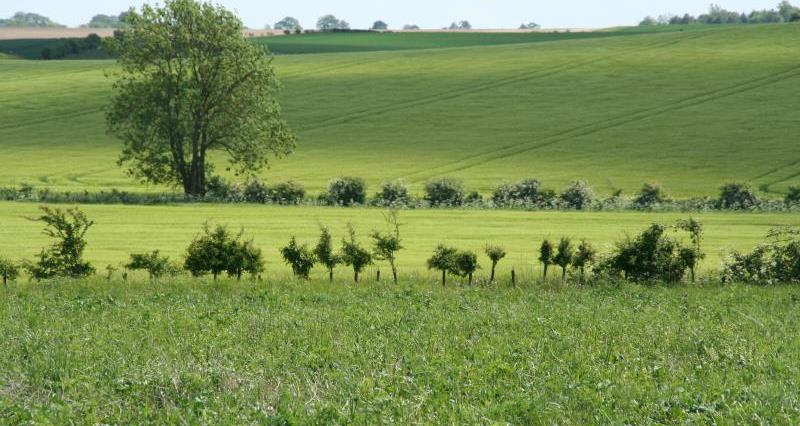We have submitted our response to the BEIS consultation into the government's intention to introduce contract-based business models for GGR projects.
Our response specifically covers a selection of consultation questions:
Do you agree that the Government should develop a GGR business model to enable a diverse
portfolio of GGR technologies to deploy at scale in the next decade?
We highlighted that a broad portfolio approach is necessary to achieve carbon removal targets, and that market mechanisms need to be trialled as soon as possible to test feasibility and their ability to scale up certain GGR measures before 2030.
To support a portfolio approach to GGR deployment, do you agree that Government policy for
incentivising negative emissions should be technology-neutral as far as possible?
As we described in the Call for Evidence in 2021, the NFU believes that technology neutrality should be
a long-term goal, and not introduced too early in policy development. Support needs to be targeted, recognising that different models may be required for each method.
Do you agree with the government’s immediate priority for MRV (monitoring, reporting and verification), including a review of standards that could underpin business model support for initial GGR projects?
Our response welcomes the proposed approach to reviewing the existing landscape of MRV developments. It will be important that MRV for BECCS (bioenergy with carbon capture and storage) builds upon exisiting reporting standards.
Do you have views on the applicability of the GGR business model to BECCS (bioenergy with carbon capture and storage) projects that are not eligible for the Industrial Carbon Capture or Power BECCS business models?
The GGR business model must be as open as possible to all applications of BECCS and the different processes that could yet be developed, for example CO2 capture from anaerobic digestion.
NFU members can download our response in full: NFU consultation response – business models for engineered GGRs

